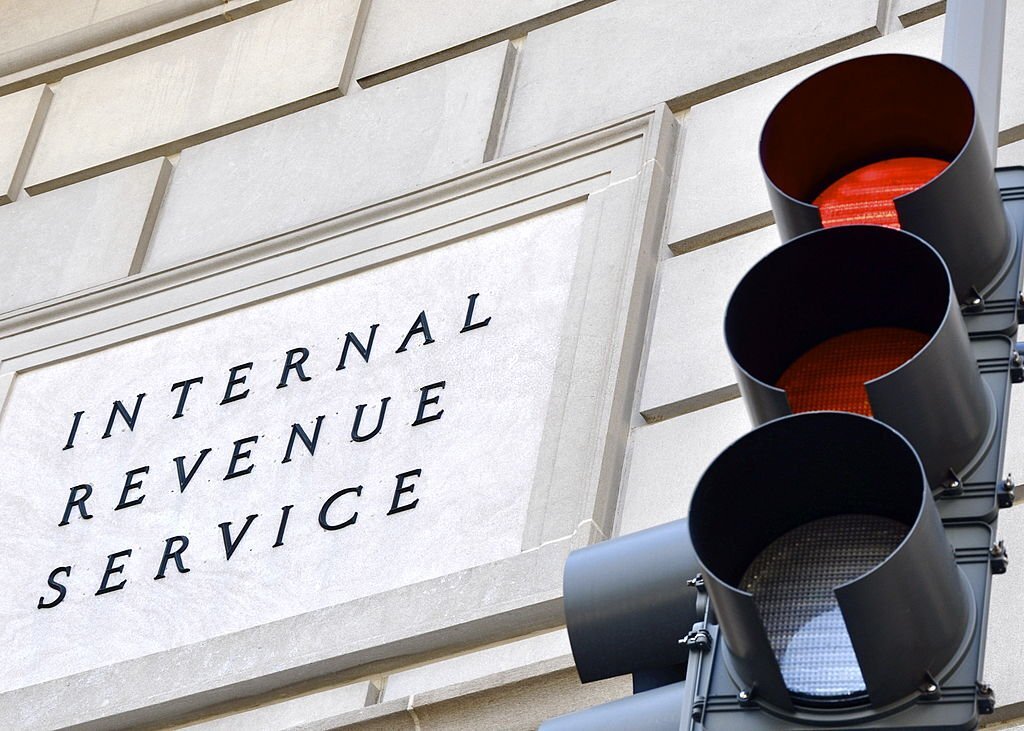In new guidance issued by the IRS on April 16, the agency has once again provided relief on required minimum distributions (RMDs) for beneficiaries of individual retirement accounts (IRAs) who are subject to the SECURE Act’s 10-year payout rule.
This relief was provided with respect to certain RMDs in 2021, 2022, and 2023, and is being extended in Notice 2024-35 to 2024.
“The notice provides that if certain requirements are met, a plan will not fail to be qualified for failing to make a specified RMD in 2024, and a taxpayer will not be assessed an excise tax for failing to take the RMD,” the IRS said in a statement on Tuesday.
Legislation has changed retirement plan rules over the past few years. The SECURE Act of 2019 prohibited beneficiaries from stretching distributions over their lifetime. Instead, many non-spouse beneficiaries who inherited IRAs on or after Jan. 1, 2020, must empty the account within 10 years of the account owner’s death, which is known as the “10-year payout rule.”
Then, the SECURE 2.0 Act, which was enacted in 2022 and builds upon the first SECURE Act, increased the RMD age to 73 in 2023. The RMD age will increase to 75 in 2033.
Previously, RMD penalties were 50% of the amount that should have been withdrawn. But due to SECURE 2.0, the penalty for missing RMDs or failing to take the appropriate amount is 25% and can be as low as 10%.
Notice 2024-35, issued on Tuesday, says the following:
A. Guidance for defined contribution plans that did not make a specified RMD. A defined contribution plan that failed to make a specified RMD will not be treated as having failed to satisfy § 401(a)(9) merely because it did not make that distribution.
B. Guidance for certain taxpayers who did not take a specified RMD. To the extent a taxpayer did not take a specified RMD (as defined in section IV.C of this notice), the IRS will not assert that an excise tax is due under § 4974.
C. Definition of specified RMD. For purposes of this notice, a specified RMD is any distribution that, under the interpretation included in the proposed regulations, would be required to be made pursuant to § 401(a)(9) in 2024 under a defined contribution plan or IRA that is subject to the rules of § 401(a)(9)(H) for the year in which the employee (or designated beneficiary) died if that payment would be required to be made to:
- A designated beneficiary of an employee under the plan (or IRA owner) if: (1) the employee (or IRA owner) died in 2020, 2021, 2022, or 2023, and on or after the employee’s (or IRA owner’s) required beginning date, and (2) the designated beneficiary is not using the lifetime or life expectancy payments exception under § 401(a)(9)(B)(iii); or
- A beneficiary of an eligible designated beneficiary (including a designated beneficiary who is treated as an eligible designated beneficiary pursuant to § 401(b)(5) of the SECURE Act) if: (1) the eligible designated beneficiary died in 2020, 2021, 2022, or 2023, and (2) that eligible designated beneficiary was using the lifetime or life expectancy payments exception under § 401(a)(9)(B)(iii) of the Code.
Notice 2024-35 also says the final regulations intended to be published relating to RMDs are anticipated to apply for purposes of determining RMDs for calendar years beginning on or after Jan. 1, 2025.
Thanks for reading CPA Practice Advisor!
Subscribe Already registered? Log In
Need more information? Read the FAQs




